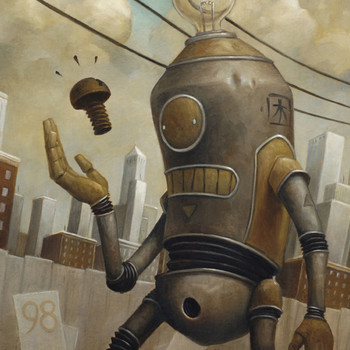Hawthorne is considered one of the leading authors of Dark Romanticism, which means he believed all of the following except...? a) the divine is not only real, but threatening b) emphasizing guilt and fear c) nature reflects a dark, mysterious power
1 Answer
D) Mankind can be full of evil, but is ultimately good.
Explanation:
This question confused me because all three options you have listed are traits of Dark Romanticism. I Googled the question. You- or whoever administered the question to you in the first place- accidentally left off the last option, which is the correct answer.
Option D reflects Transcendental/Romantic beliefs rather than Gothic/Dark Romantic beliefs. Transcendentalism, a subset of Romanticism, involved confidence in the inherent goodness of human nature and nature in general.
Dark Romanticism sprang up as a counter-movement- most of the beliefs were at odds with the Transcendentalist beliefs. Where Transcendentalism emphasized positive human values/capabilities like insight and peace, Dark Romanticism- as seen in works like Moby Dick or those of Edgar Allen Poe- emphasized negative human tendencies/emotions like obsession, guilt, and fear. One of the few significant characteristics the two philosophies had in common was belief in some kind of supernatural world.
Dark Romanticism emphasized- as the name, coupled with this background information, suggests- the darker sides of human nature, nature in general, and the supernatural. Therefore, a Dark Romanticist like Hawthorne would agree with A-C and would likely say the polar opposite of option D: while mankind may be capable of good, when left to their own devices they are inclined to fall to their own flawed natures.

